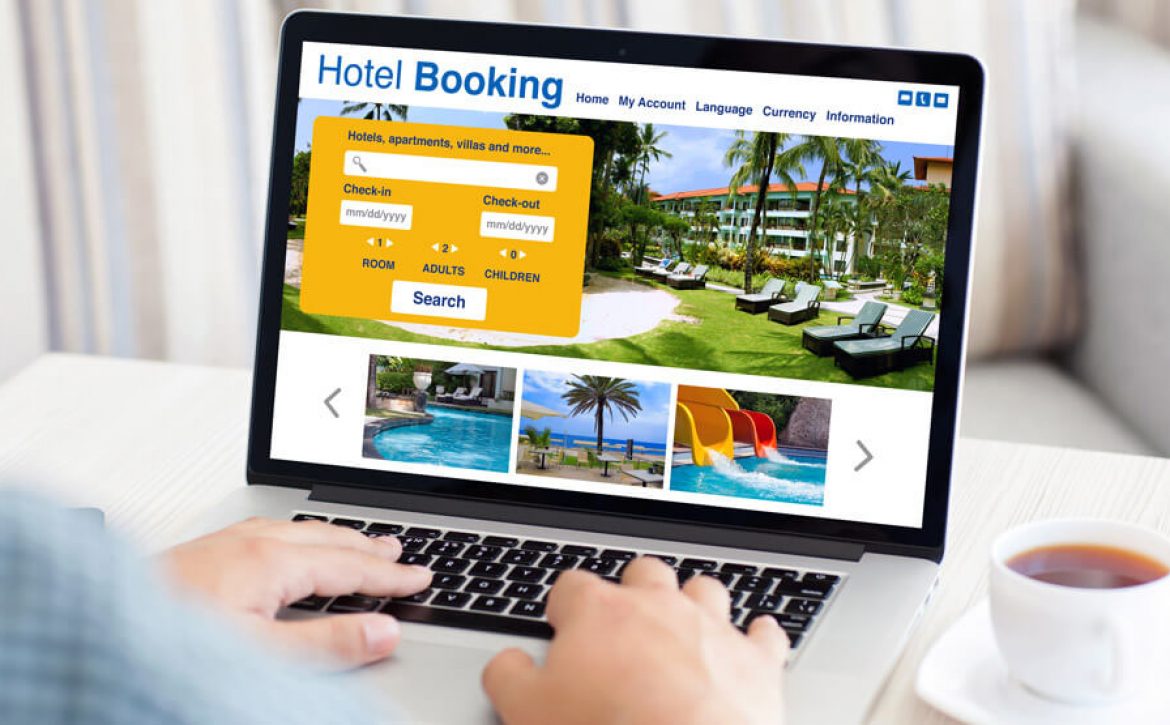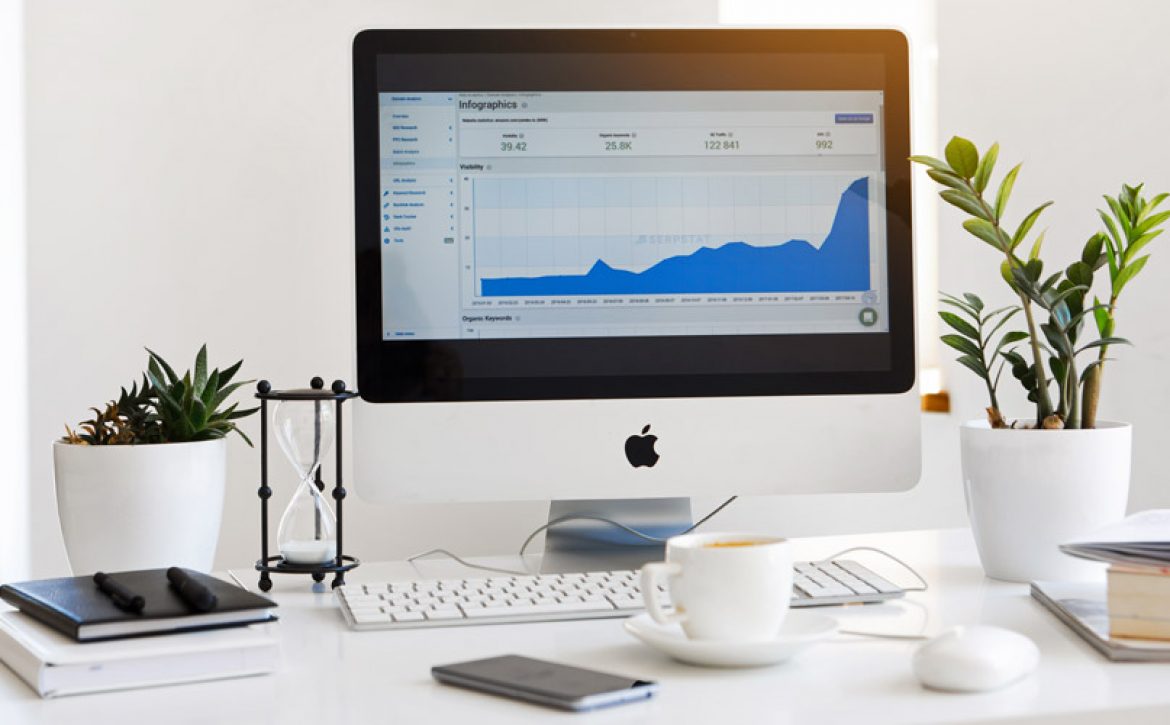Understanding Central Reservation System (CRS) In Hospitality Management
In the fast-paced world of hospitality, leveraging technology is crucial for streamlining operations and elevating guest experiences. A Central Reservation System (CRS) stands out as an essential tool, acting as more than just a booking platform. It’s a comprehensive system designed to manage room inventory, rates, and reservations across various channels, ultimately enhancing booking processes, optimizing room management, implementing dynamic rate control, and improving guest service. Let’s delve into the intricacies of CRS, highlighting its features and benefits within modern hospitality management.
Introduction to Central Reservation System
What is CRS?
A CRS, or central reservation system, is a sophisticated, computerized platform used to store and distribute detailed information about hotels, resorts, and other lodging facilities. At its core, a CRS centralizes critical data, including room inventory, pricing strategies, and reservation specifics, making it easily accessible across numerous distribution channels. This ensures that potential guests can effortlessly find and book accommodations while empowering hotel staff to manage reservations efficiently.

Importance in the Hospitality Industry
The importance of a CRS in the hospitality sector is undeniable. It offers real-time visibility into room availability, which is crucial for maximizing occupancy rates. By adeptly managing rates and inventory across a multitude of channels, a CRS helps hotels optimize revenue streams and significantly reduces the risk of overbooking. Furthermore, it greatly enhances the guest experience by providing seamless booking processes and personalized service interactions.
Evolution of Reservation Technologies
Historically, reservation systems relied on manual processes, characterized by phone calls and physical ledgers. As technology advanced, these manual methods evolved into computerized systems, paving the way for the development of the modern CRS. The advent of the internet and online travel agencies (OTAs) further revolutionized the CRS, enabling direct online booking and more sophisticated multi-channel distribution strategies. Today, CRS systems continue to evolve, integrating seamlessly with other hotel management systems to deliver comprehensive and holistic solutions.
Differenced between PMS, CRS, and channel manager
A property management system, or PMS, is all about operations. It manages all operational activities in a hotel from reception to accounting.
And normally, CRS is the main module of a PMS. It, of course, can be a stand-alone solution.
A Channel manager controls all distribution channels like OTAs, metasearch sites, GDSs. It connects to PMS, collects data from CRS, and re-distributes across channels. As rooms get booked, the inventory information is synced throughout all channels to prevent overbooking
Core Components of CRS
Booking Channel Management
Booking channel management is a pivotal component of a CRS, focusing on the strategic management of reservations across a wide array of platforms. This includes direct bookings, online travel agencies (OTAs) such as Booking.com and Expedia, and Global Distribution Systems (GDS). A robust CRS ensures that information remains consistent and accurate across all channels, thereby minimizing discrepancies and optimizing booking efficiency. Effective channel management ensures hotels aren’t losing revenue due to outdated information or missed booking opportunities.
Real-Time Reservation Synchronization
Real-time reservation synchronization is essential for ensuring that room availability and rates are updated instantaneously across all booking channels. This synchronization is critical for preventing frustrating overbooking situations and ensuring that guests receive accurate, up-to-date information when making their reservations. Additionally, it allows hotels to dynamically adjust rates in response to demand fluctuations and evolving market conditions. Hotels that lag in real-time synchronization risk alienating customers and damaging their reputation.
Inventory Control Mechanisms
Inventory control mechanisms within a CRS provide hotels with the ability to efficiently manage their room inventory. By meticulously tracking availability in real-time, hotels can optimize occupancy rates and maximize revenue potential. A sophisticated CRS will offer a suite of tools for setting inventory limits, managing various room types, and implementing effective yield management strategies.
Multi-Channel Booking Integration
Multi-channel booking integration involves seamlessly connecting the CRS with diverse distribution channels, including OTAs, GDS, and direct booking platforms. This integration significantly expands a hotel’s reach and increases its visibility to potential guests. By delivering a seamless and consistent booking experience across all channels, hotels can attract a broader customer base and drive substantial revenue growth.
CiHMS Central Reservation System Features
CRS Dashboard Overview
The CiHMS CRS dashboard provides a comprehensive and intuitive overview of a hotel’s reservation data. Users can efficiently search and sort reservations by reservation date, check-in date, or check-out date and filter reservations by status, such as confirmed, checked-in, checked-out, or canceled. The data is presented in both graphical and list formats, enabling users to quickly grasp revenue and occupancy trends and make data-driven decisions.
Reservation Management Capabilities
CiHMS excels in providing extensive reservation management capabilities. It is meticulously designed to effectively reduce overbookings, ensuring smooth and efficient operations for your property. The software’s advanced filtering capabilities facilitate quick and easy access to reservation details through a simple search by reservation number. This level of detail ensures that every reservation is handled with precision.
API Integration Strengths
CiHMS boasts robust API integration, allowing it to seamlessly connect with other essential systems such as Property Management Systems (PMS), booking engines, and channel managers. This smooth integration streamlines data flow, minimizes manual data entry, and significantly enhances overall operational efficiency. API integration guarantees that all systems work in harmony, optimizing workflows and reducing errors.
Preventing Overbooking
A key advantage of using CiHMS is its robust ability to prevent overbooking. The system’s real-time synchronization ensures that room availability is accurately reflected across all channels, minimizing the risk of double bookings. Additionally, CiHMS provides essential tools for managing inventory limits and implementing alert systems that notify staff of potential overbooking situations before they escalate. This proactive approach protects both the hotel’s reputation and guest satisfaction.
Benefits of CiHMS CRS for Hotels
Streamlined Booking Processes
CiHMS streamlines booking processes by offering a user-friendly interface for managing reservations efficiently. From the initial booking to the final check-out, the system automates crucial tasks, reducing manual effort and improving overall efficiency. A recent report indicates that hotels employing automated systems often experience a 20-30% reduction in booking errors, which translates to tangible cost savings and improved guest satisfaction.
Enhanced Room Management
With CiHMS, hotels can efficiently manage their room inventory, ensuring optimal occupancy rates and improved revenue performance. The system provides essential tools for tracking real-time availability, managing various room types, and implementing sophisticated yield management strategies. This enhanced room management not only optimizes revenue but also contributes to improved guest satisfaction by ensuring the right rooms are available at the right times.
Dynamic Rate Control
CiHMS empowers hotels to implement dynamic rate control strategies, enabling them to adjust rates based on real-time demand, seasonality, and other market factors. This flexibility allows hotels to maximize revenue and maintain a competitive edge in the ever-evolving market. Dynamic pricing can lead to higher average daily rates (ADRs) by strategically optimizing rates based on demand, thus ensuring hotels are not leaving money on the table.
Improved Guest Service Experience
By streamlining booking processes and facilitating personalized service, CiHMS significantly enhances the guest service experience. The system allows hotel staff to quickly access critical guest information, enabling them to provide customized recommendations and address guest needs more effectively. This personalized approach fosters greater guest satisfaction, loyalty, and positive reviews.
Technical Advantages of CiHMS CRS
Real-Time Data Synchronization
CiHMS excels in providing real-time data synchronization, ensuring that room availability and rates are consistently up-to-date across all channels. This synchronization minimizes the risk of overbooking and provides guests with accurate information when making reservations, avoiding potential frustration and negative experiences.
Cross-Platform Compatibility
CiHMS is designed with cross-platform compatibility, enabling it to be accessed seamlessly on various devices, including desktops, tablets, and mobile phones. This ensures that hotel staff can efficiently manage reservations and access critical data from any location, at any time, fostering greater flexibility and responsiveness.
Advanced Filtering Options
CiHMS offers advanced filtering options, allowing users to quickly find and sort reservations based on specific criteria, such as reservation date, check-in date, or room type. This makes it easier to manage reservations efficiently and identify relevant trends, saving time and improving decision-making.
Reservation Detail Export Features
CiHMS allows users to export reservation details in multiple formats, simplifying data analysis and report generation. This feature is particularly useful for revenue management and strategic forecasting, providing valuable insights for optimizing business performance.
Impact on Hotel Operations
Efficiency Improvements
The integration of a CRS like CiHMS leads to significant efficiency improvements in hotel operations. Tasks that once required extensive manual effort, such as updating room rates and managing inventory, are now automated. This not only saves valuable time but also reduces the likelihood of errors, leading to smoother and more reliable operations.
Revenue Management
A CRS not only optimizes occupancy rates but also maximizes revenue through the implementation of dynamic pricing strategies. CiHMS enables hotels to adjust rates in real-time based on demand, seasonality, and competitor pricing. This adaptive approach ensures that hotels consistently offer competitive rates while maximizing their revenue potential. A study by Sabre indicates that hotels with advanced CRS capabilities often experience increased revenue due to improved rate management and distribution.
Reduced Manual Administrative Tasks
CiHMS significantly reduces the burden of manual administrative tasks. By automating key processes such as booking management, inventory updates, and comprehensive report generation, the system frees up hotel staff to focus on delivering exceptional guest service. This leads to improved staff productivity and reduced operational costs.
Enhanced Guest Satisfaction
Ultimately, the integration of CiHMS results in enhanced guest satisfaction. By streamlining booking processes, offering personalized service, and ensuring prompt and efficient support, hotels can ensure guests have a pleasant and hassle-free experience. These positive experiences often lead to loyal guests, increased satisfaction rates, and positive reviews, all of which contribute to long-term success.
Future of Central Reservation Systems
Emerging Technologies
The future of CRS is closely linked to the integration of emerging technologies such as artificial intelligence (AI), machine learning, and blockchain. According to recent research, incorporating real-time data synchronization and multi-channel integration can typically boost revenue by maximizing room sales across all channels, showcasing the direct impact of technology on financial performance.
Predictive Booking Capabilities
Predictive booking capabilities, powered by AI and machine learning, will empower hotels to forecast demand more accurately and optimize pricing strategies more effectively. This proactive approach enables hotels to manage their inventory strategically and maximize revenue potential by anticipating future trends.
AI and Machine Learning Integration
AI and machine learning are poised to play an increasingly vital role in CRS, automating routine tasks, personalizing guest experiences, and optimizing revenue management strategies. From AI-powered chatbots that handle customer inquiries to advanced pricing tools, these technologies will transform the way hotels operate and improve their overall efficiency.
Personalization Trends
Personalization is a key trend driving the future of CRS. Hotels will increasingly focus on providing customized offers and tailored experiences to meet individual guest preferences. This personalized approach will not only enhance guest satisfaction but also drive loyalty and encourage repeat business.
Conclusion
Recap of CRS Importance
In summary, a Central Reservation System (CRS) is an indispensable tool for modern hospitality management. It streamlines booking processes, enhances room management, empowers dynamic rate control, and significantly improves the overall guest service experience, making it a cornerstone of successful hotel operations.
CiHMS CRS as a Comprehensive Solution
CiHMS stands out as a comprehensive CRS solution, offering a wide array of features and benefits specifically tailored to meet the diverse needs of hotels. From its intuitive user dashboard to its robust API integration, CiHMS provides the essential tools hotels need to thrive in today’s highly competitive market.
Call to Action for Hospitality Businesses
For hospitality businesses in Southeast Asia looking to enhance their operations, improve guest satisfaction, and drive revenue growth, CiHMS offers a powerful and effective solution. Contact us today to learn more about how CiHMS can help your business achieve its fullest potential and secure a competitive advantage in the market.
Learn More



